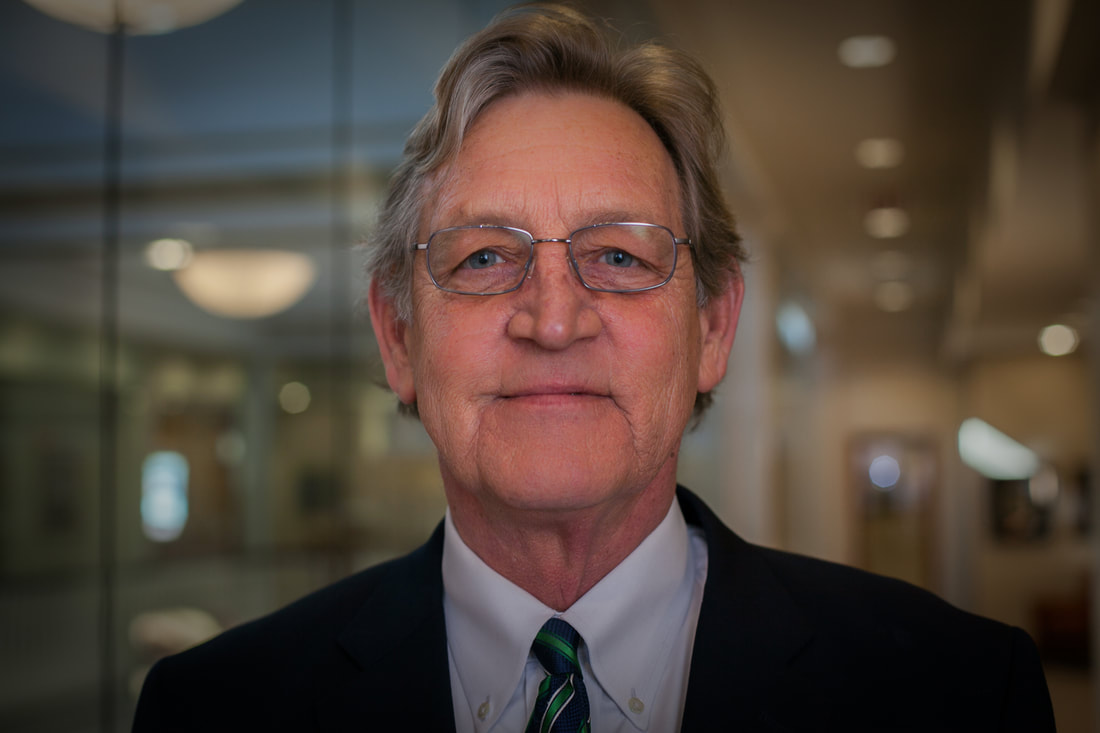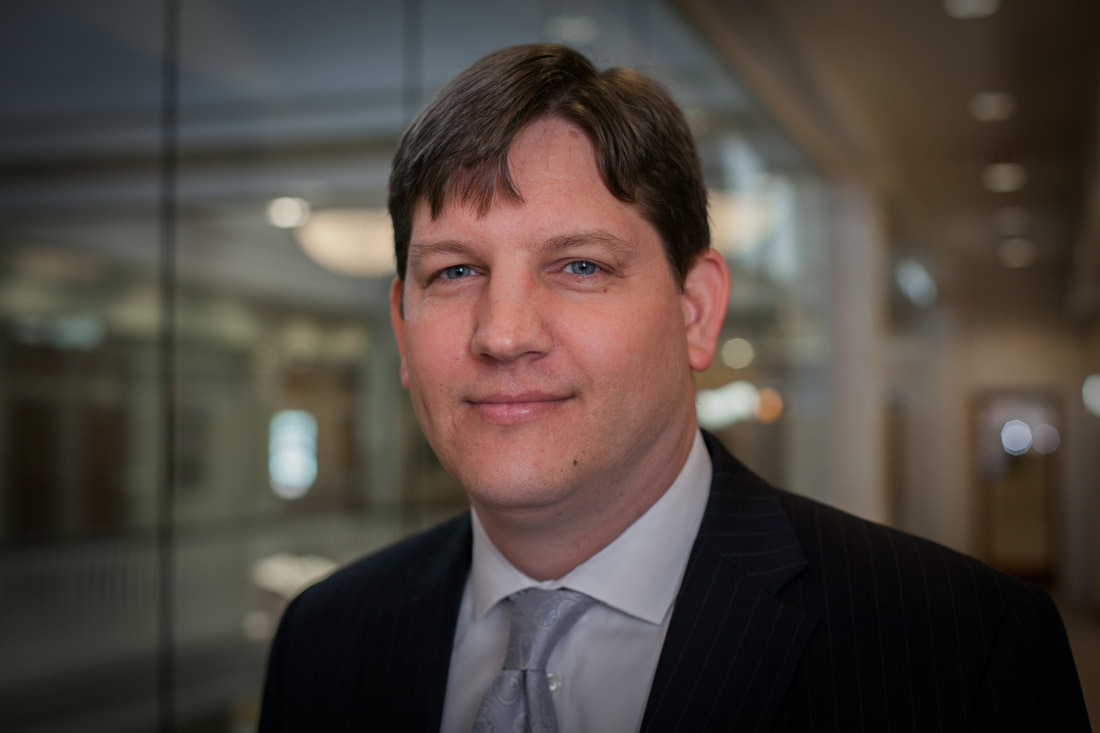|
Over the years I have been quite disappointed with investment research provided by academia. The majority of this research mines some data, wraps it with some pretty mathematics and presents it to the world in a format that very few can understand. One group of people who can understand this research refer to themselves as “financial engineers.” It is this group that takes a look at the research, determines if the research has some marketing qualities and, if it does, creates or engineers a product that can be sold to us, the investors. Most of these products have little chance of creating long-term wealth for us, but they can easily give a short term boost to the profits of the sponsors of these engineered products. Even though we take a dim view of most academic investment research, every so often someone comes along whose research changes the world. This is an exception, and these individuals are for the most part richly rewarded for their work. One of these individuals is the subject of our letter this month, Robert C. Merton. Dr. Merton and Myron Scholes were awarded the Sveriges Riksbank Prize in Economic Sciences in memory of Alfred Nobel in 1997 for their pioneering contributions to continuous-time finance, including the first continuous-time option pricing model, the Black-Scholes formula. This work truly changed the world of finance. At this point, you probably expect me to provide you with details and maybe even a little math or a couple of graphs to wow you with my knowledge. However, if I did, the majority of you would promptly crumple up these few pieces of paper and throw them in the trash, which would be appropriate, as my attempt to wow you would just prove how little I really know. Understanding how much we don’t know is a trait I believe I share with Dr. Merton, which we will explore shortly. First I want to share another non-investment related tidbit regarding an interest Dr. Merton and I happen to share as well. In the biography Dr. Merton provided to the Nobel Prize Organization, he spoke of one of his joys as a young man: As I had known all the batting averages and pitching records of big league baseball players, so I came to know the horsepower, cubic inches of engines size, and other detailed specifications of just about every automobile in the post-war era. Going to auto shows and stock car races and handing tools to older, amateur buffs working on their cars were outlets for my passion until, at age 15, I bought and rebuilt my first car. After getting my driver’s license, I built street hot rods which I raced at drag strips in upstate New York and Long Island. Finding ways to push a little more air or fuel into an internal combustion engine provides real satisfaction for the builder. If done successfully, the reward comes from being shoved back into your seat under hard acceleration, the sound of the exhaust as the engine reaches towards maximum power, and the adrenaline rush that comes from a combination of fear and extreme pleasure. Yes, Dr. Merton received praise and adoration as a Nobel Laureate, but I would wager a dollar or two that his youthful pursuit of speed also ranks very high on the joyfulness scale of his life. In April of this year, Dr. Merton participated in a panel discussion along with Dr. Andrew W. Lo, Seven A. Ross, and Jeremy Siegel at a meeting of the Q Group. The topic was “Looking to the Future,” and the discussion was moderated by Martin Leibowitz. It is fortunate for us that this discussion was reprinted in the Financial Analyst Journal, a publication of the CFA Institute. All of the participants are leaders in the academic or practicing field of finance and each, in their own way, has influenced the world. The Q Group was started in 1966 by Dale Berman. From its beginning, the intention of the group was to explore the application of “Modern Capital Market Theory” (MPT) as theorized by Harry Markowitz. Q is the first letter in the word quantitative, which is an appropriate term to describe the group’s purpose. However, I like to believe that Dale Berman was watching a James Bond movie and admiring the antics of Bond and the special assistance provided by Q. Q, with his Q Branch cohorts, created memorable gadgets that saved Bond and the world. Maybe Berman wanted to do the same in the world of finance. What better way than by assembling a group of exceptional quantitative wizards who could create financial gadgets to save each and every investor? The topics covered in the roundtable at Q Group included regulation, technology, and financing society’s challenges; opacity and trust; the social value of finance; and future expected returns. You would think that because the majority of money at risk is invested via institutions, the discussion would focus solely on these investors. Yet so much of the wisdom shared was useful for the individual. The stage was set for Dr. Merton with participant Steven Ross’s response to the question, “How can we get the expression “financial engineering” to not have a bad ring to it?”: The truth of the matter is that it is easier to manage a $100 billion portfolio than it is to manage an individual person’s portfolio. We are very comfortable saying, “I want to be on a mean-variance frontier” or “I want to be on some efficient frontier.” But we are not comfortable with the decisions of an individual investor. Of course Mr. Ross is correct. Individual investors have complicated and varying levels of needs for the savings they have accumulated. Financial engineers create products that institutions may find attractive for their needs. However, instead of stopping there, these financial engineers tweak those products just enough to create a marketing story that can then be sold to individuals. This attempt to push a square peg through a round hole has earned my disdain for the industry. The products themselves are not the most damaging element of financial engineers if used properly. The problem is that these products are pushed onto the public by the marketing departments of financial institutions and their salesforce as if they will solve an individual investor’s problems. This opened up a conversation which led to Dr. Merton’s comments below that I believe are worth repeating: We have to be careful to distinguish between a good idea, product, or solution and its execution. Robo-advisers can be terrible just as ordinary advisers can be terrible. We have to distinguish between a terrible or costly version of something that is good and something that inherently is not a good idea. I have taken the liberty to bold two paragraphs because these are the words that I want to emphasize to you. Most of us who hold ourselves out as professionals accept the fact that we have no ability to see the future. We accept the fact that every decision we make is made with this uncertainty in mind. We realize that the future will unfold in ways that will require us to change our models to accept new information. Another Nobel Laureate, Paul Samuelson, a friend, colleague and doctoral adviser to Dr. Merton, once said in an interview in the Wall Street Journal: “…when events change, I change my mind. What do you do?” Dr. Merton is also reminding us of this. Robo-advisers, or for that matter, any financially engineered product or investment approach, must have a watch dog willing to turn off the switch and start over. When it comes to your portfolio, we are the watch dog and it is our job to change if change is necessary.
I find it quite wonderful that Dr. Merton, a Nobel Laureate, uses a financial term not recognized in the fields of finance, economics, or mathematics to describe the ultimate failure of a portfolio: a blowup! But then, Dr. Merton is not just a financial engineer, he is a drag racer. Anyone who has spent some time around the drag strip has recognized the damage a little too much fuel or air pumped into a combustion chamber can cause, and it is quite exciting to view from afar. Up close and personal, however, you may see your life fly by in an instant. This causes a big dent in a drag racer’s pocketbook, but it is minimal compared to the damage to one’s portfolio if a mechanical robo-adviser tries to add a little more return without understanding the consequences. Dr. Merton’s experience with blowups goes well beyond the dragstrip, but that is another story. Suffice it to say, experience is the greatest of teachers. Until next time, Kendall J. Anderson, CFA P.S. Dr. Bob, if you happen to stumble upon this letter and want to talk about something other than finance or economics, say hot rods or my other passion, motorcycles, give me a call. Comments are closed.
|
Kendall J. Anderson, CFA, Founder
Justin T. Anderson, President
Categories
All
Archives
April 2024
|
|
Common Sense Investment Management for Intelligent Investors
|



 RSS Feed
RSS Feed